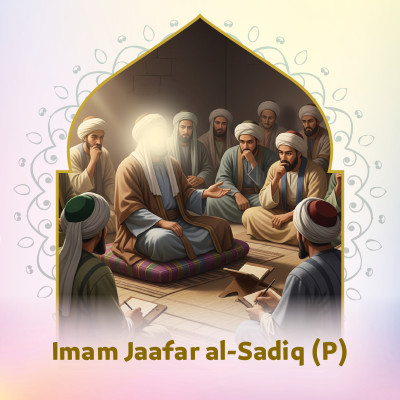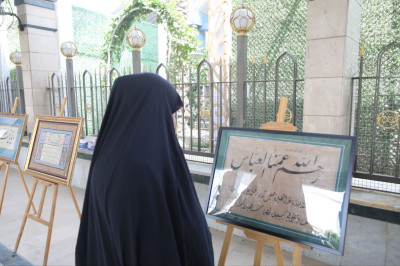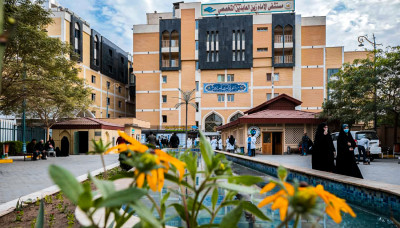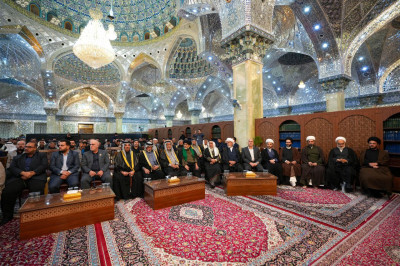Imam Musa ibn Jaʿfar, known as al-Kadhim (the one who restrains his anger), is the seventh Imam of the Ahl al-Bayt (peace be upon them). He lived during a period of severe political oppression and injustice under Abbasid rule, yet his life stands as a powerful example of patience, spirituality, and inner strength. Through years of imprisonment and persecution, he remained a beacon of guidance, embodying dignity in the face of tyranny.
Birth and Lineage
Imam Musa al-Kadhim (a.s.) was born in 128 AH in the holy city of Medina. His father was Imam Jaʿfar al-Sadiq (a.s.), a master of knowledge, and his mother was Lady Hamidah, a woman known for piety and wisdom. He was raised in the house of the Prophet (peace be upon him and his family), surrounded by knowledge, faith, and ethical refinement.
His Title: “Al-Kadhim”
The title “al-Kadhim” means “the one who suppresses anger”, reflecting his remarkable patience and ability to endure injustice without compromising truth or dignity. Even his enemies recognized his noble character, humility, and devotion to God.
Era of Oppression
The life of Imam al-Kadhim coincided with the rule of some of the most oppressive Abbasid caliphs, especially Harun al-Rashid. The Imam was constantly harassed, summoned to Baghdad, and imprisoned for many years.
Despite his isolation, his influence grew:
He remained a reference of spiritual guidance.He supported the poor and oppressed.He trained trustworthy representatives who kept contact with his followers across different regions.His Teachings
Imam al-Kadhim emphasized:
True faith is shown through patience and righteous actions.Generosity to the poor is a sign of sincerity.Anger is to be controlled, even when facing cruelty.A believer must be strong in private worship and public dignity.He taught through both words and silent endurance, reminding Muslims that justice can be upheld even without political power, and that God’s servants should stay attached to the truth under any circumstance.
His Character
Even in prison, Imam al-Kadhim would spend his nights in worship, his days in remembrance of God, and his heart in service to the Ummah. His reputation for extreme patience (ṣabr) became legendary.
He said:
“The best worship after knowledge of God is waiting in patience for relief.”
His nickname “Bab al-Hawa'ij” (the Door of Needs) reflects how believers continue to seek his intercession, knowing his closeness to God.
Martyrdom
After years of unjust imprisonment, Imam Musa al-Kadhim was poisoned in Baghdad on the orders of Harun al-Rashid and attained martyrdom in 183 AH. He was buried in Kadhimayn (Baghdad), where his shrine remains a place of solace for millions of visitors.
His Legacy
Imam Musa al-Kadhim’s legacy is one of spiritual resilience, quiet resistance, and ethical leadership:
He preserved the path of Ahl al-Bayt during an era of repression.His teachings inspired generations to hold firmly to truth.His grave remains a symbol of steadfastness in the heart of Iraq, visited by lovers of justice from around the world.Imam Musa al-Kadhim (a.s.) teaches the world that patience is power, dignity is preserved through restraint, and silent endurance can defeat loud oppression. His life is a guide for anyone who faces injustice, reminding us that while tyrants may imprison bodies, they can never imprison truth.

















اترك تعليق